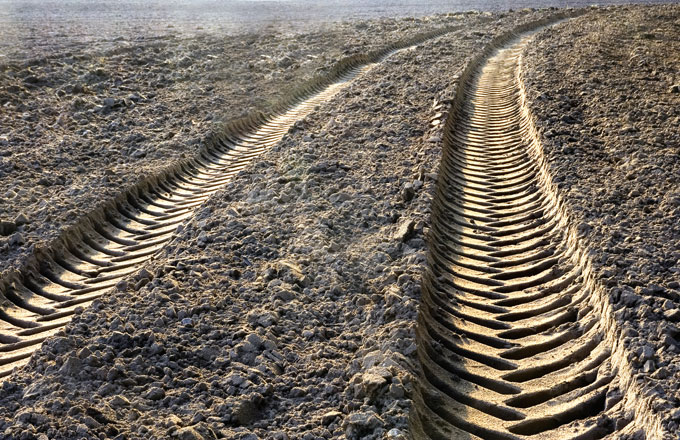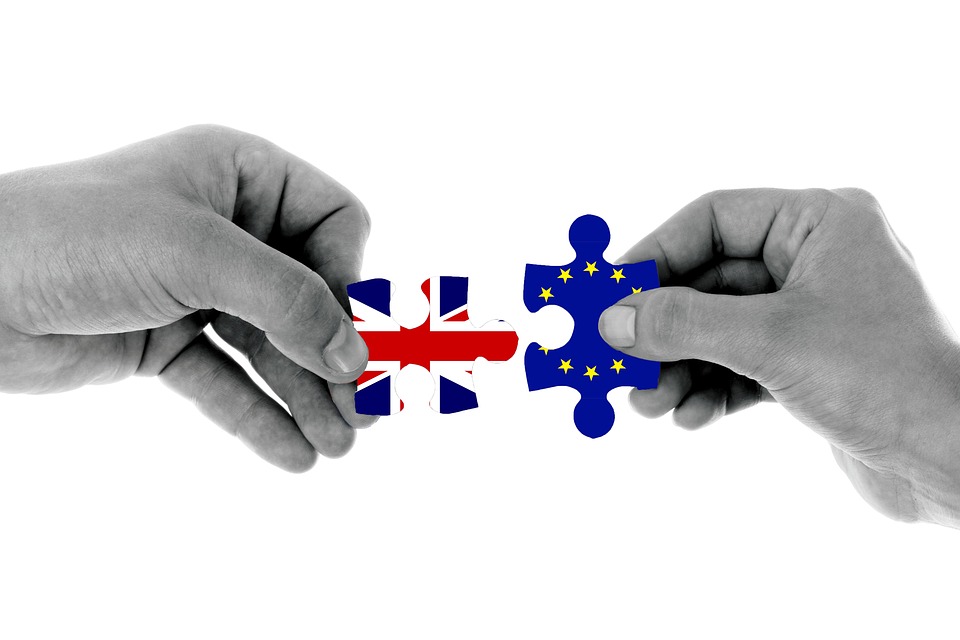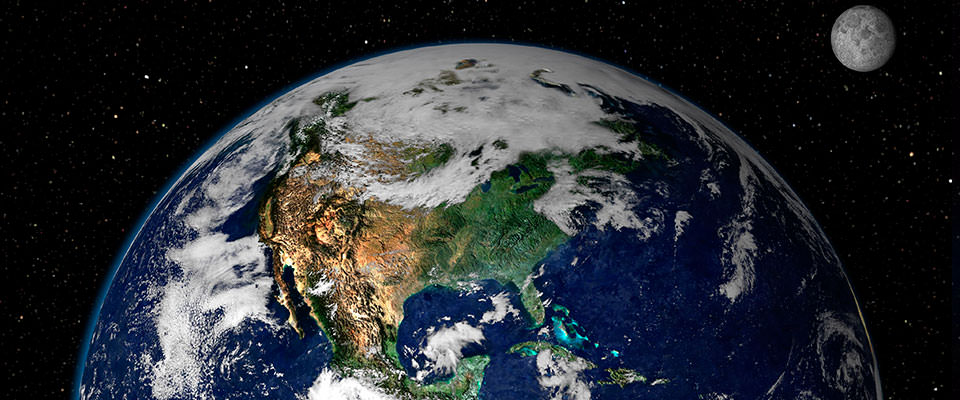Biodiversity Week gives us a chance to reconnect with nature

Ciaran Brennan
Nature is on its knees – globally and here in Ireland. Five years have passed since Dáil Éireann declared a national climate and biodiversity crisis. Since then, we’ve had a Citizens’ Assembly on Biodiversity Loss whose report made159 recommendations on how Ireland can improve its response to the biodiversity crisis.
There are many reasons behind the decline in biodiversity – intensive agriculture, urbanisation, over development and development in sensitive areas, habitat destruction, wildlife crime, invasive alien species, excessive consumption, pollution and climate change. In many ways, we have become disconnected from the natural world. We see it but we don’t see the damage we are inflicting on it.
There is also the issue of shifting baseline syndrome when it comes to our landscape, where we are treating less biodiversity as the norm. We are now used to seeing very low, tightly cut hedgerows largely devoid of trees in the countryside, mountain sides either barren or dotted with monoculture Sikta Spruce, straightened rivers, town greens neatly and meticulously manicured, mown verges and widespread use of glyphosate and assume this was always the norm. It wasn’t, and much of this has happened in a generation or two.
And the impact has been devastating for biodiversity. But we all can play a part in nature’s recovery. National Biodiversity Week, which takes place from 17-26 May, with over 200 events scheduled across the country, serves as both a wake-up call and a way for all of us to reconnect with nature.
By bringing communities together nationwide, National Biodiversity Week not only celebrates nature but inspires people to protect and enhance it.
Events will reach communities in every corner of Ireland, showcasing coasts, rivers and estuaries, hedgerows, wetlands, native woodlands, the marine environment and more. Guided nature walks and field trips for children will introduce participants to pollinators and other biodiversity in local greenspaces. Hands-on workshops will cover topics ranging from composting and willow weaving to bat box building and pond creation. You can discover wildlife near you with whale watching, farm walks, bat walks, biodiversity cycle tours, art workshops and more. A full listing of Biodiversity Week events can be found at https://biodiversityweek.ie/
It also helps to educate us – particularly to see how fundamental nature is to our existence. Nature is not just something that is nice to have or to look at. We need healthy ecosystems, clean water, fresh and unpolluted air and sustainable food for our health and well-being.
Take pollinators for instance. In Europe, pollinators’ habitats have worse conservation status and trends than other habitats. We are not immune to this trend in Ireland. But the decline of pollinators is potentially serious, having knock-on effects for plants, animals, food and ultimately humans.
Ireland’s biodiversity contributes €2.6 billion each year to the Irish economy through ecosystem services such as water or air quality, soil fertility or pollination services.
In pure economic terms, it is hardly a small sum. If we learned tomorrow that a €2.6 billion industry or business sector was facing a dire emergency, it would be met with an instant response from the State in terms of taskforces and funding. Nature not only deserves but needs a similar response. And it needs all of our help.
National Biodiversity Week can make people aware of the beauty and the fragility of nature. It is not the panacea for all of nature’s problems in Ireland – but it can play the vital role in getting us to think about biodiversity loss, reconnecting us with the wonder of nature, starting conversations about how we can start to deal with the emergency in which we find ourselves and inspiring us to protect and enhance our natural environment.







